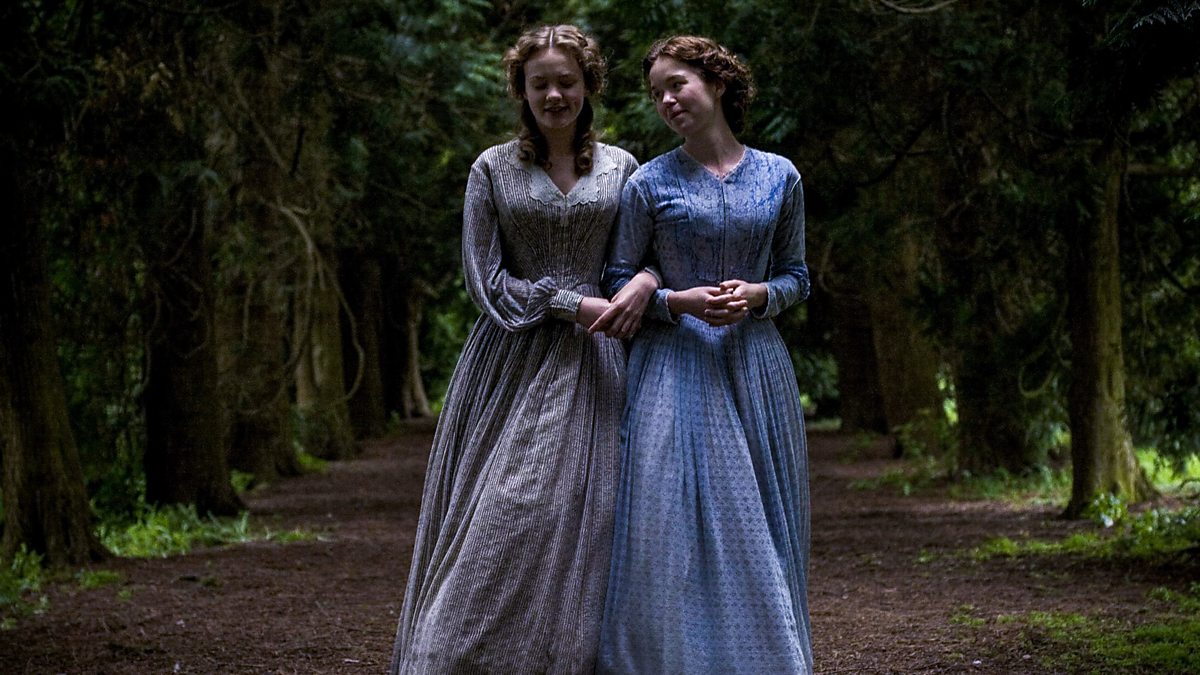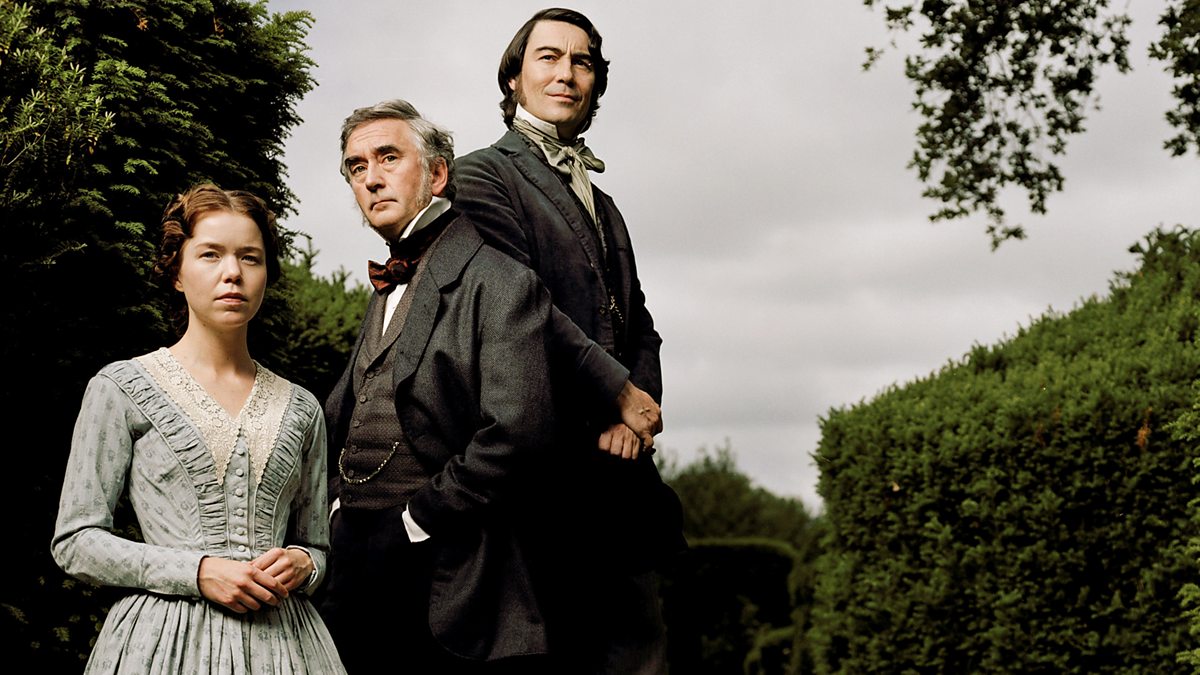In the shadow of justice, the innocent wait—and the guilty thrive
Bleak House (2005), the BBC’s powerful adaptation of Charles Dickens’ dark legal epic, is a haunting, richly woven tale of obsession, corruption, and the cost of waiting for justice. Far from the stuffy, dusty drawing rooms of conventional period dramas, this eight-hour miniseries turns Victorian England into a swirling storm of intrigue—where fortunes are made and destroyed in courtrooms, secrets fester in gaslit corners, and the law is less a shield than a trap.
At the center of it all lies the infamous court case Jarndyce and Jarndyce, a lawsuit so convoluted it has consumed generations and become a living ghost in the lives of those involved. It haunts the kind-hearted John Jarndyce, guardian to young Esther Summerson (Anna Maxwell Martin), who enters this tangled world with innocent eyes and unshakable grace. Around them orbit orphans, baronets, lovers, spies, and blackmailers—each one drawn into the endless churn of a legal system that crushes the very people it was meant to protect.

Gillian Anderson delivers a quietly devastating performance as Lady Dedlock, whose carefully composed exterior conceals a past that could unravel everything. Charles Dance is bone-chilling as the ruthless lawyer Tulkinghorn, a man who thrives in secrets and silence. But it is Anna Maxwell Martin who anchors the show with a performance that is both gentle and steely—her Esther is no damsel, but a moral center in a collapsing world.
Director Justin Chadwick crafts a taut, almost modern rhythm through fast cuts and hand-held camerawork, giving Bleak House a visceral urgency. It’s Dickens with a pulse—raw, elegant, and deeply political. The series doesn’t just dramatize the law—it indicts it. Bureaucracy becomes a monster, feeding on time, money, and hope. Justice, when it arrives, is either too late or too cruel.

Yet amid the fog, warmth remains. There is love, kindness, and perseverance in the margins. Dickens’ biting satire and heartfelt humanity are honored in equal measure. Bleak House isn’t just a great adaptation—it’s a searing exploration of what happens when institutions fail, and how ordinary people still try to do what’s right.

-1755586051-q80.webp)
-1749627094-q80.webp)
